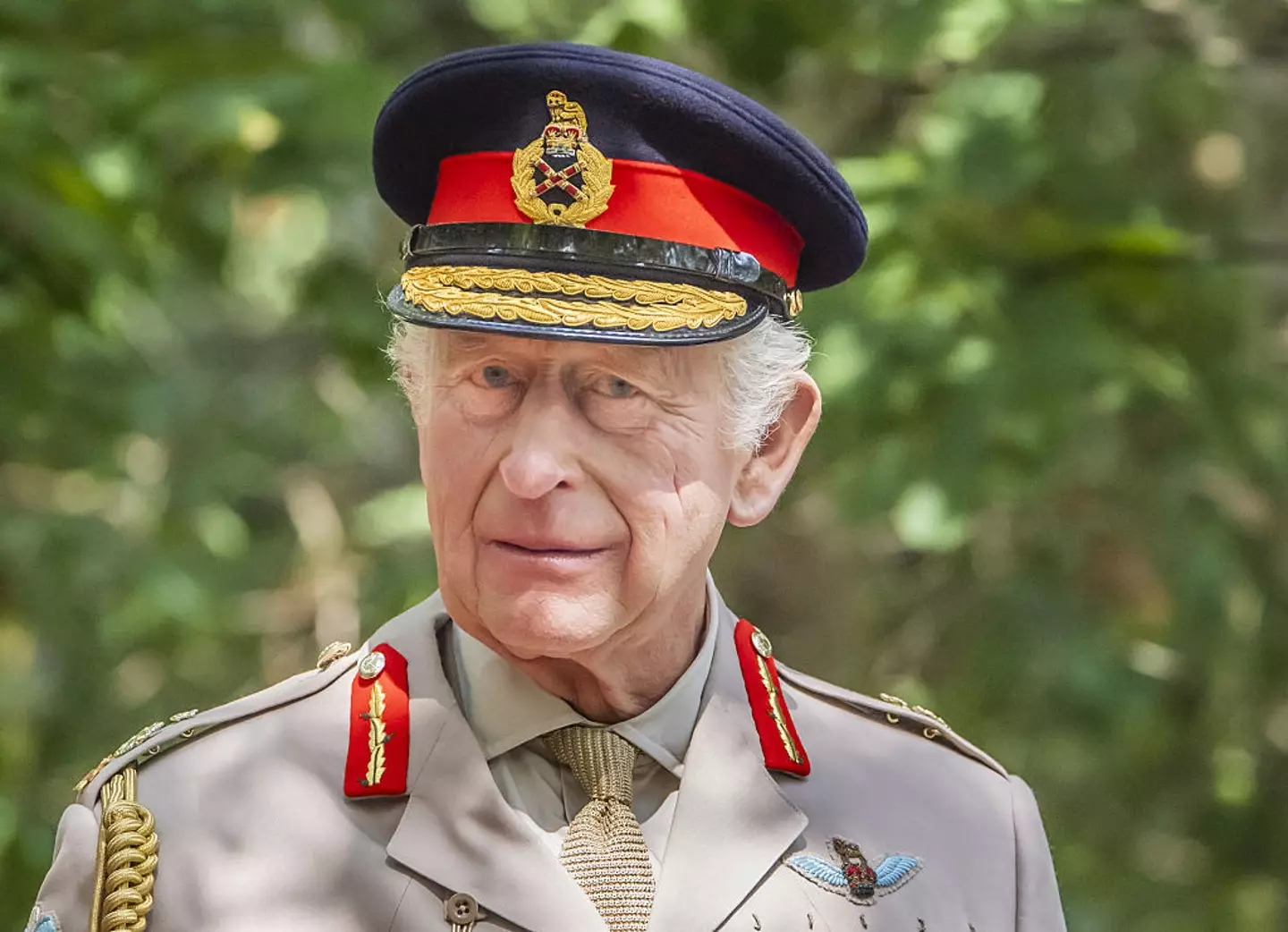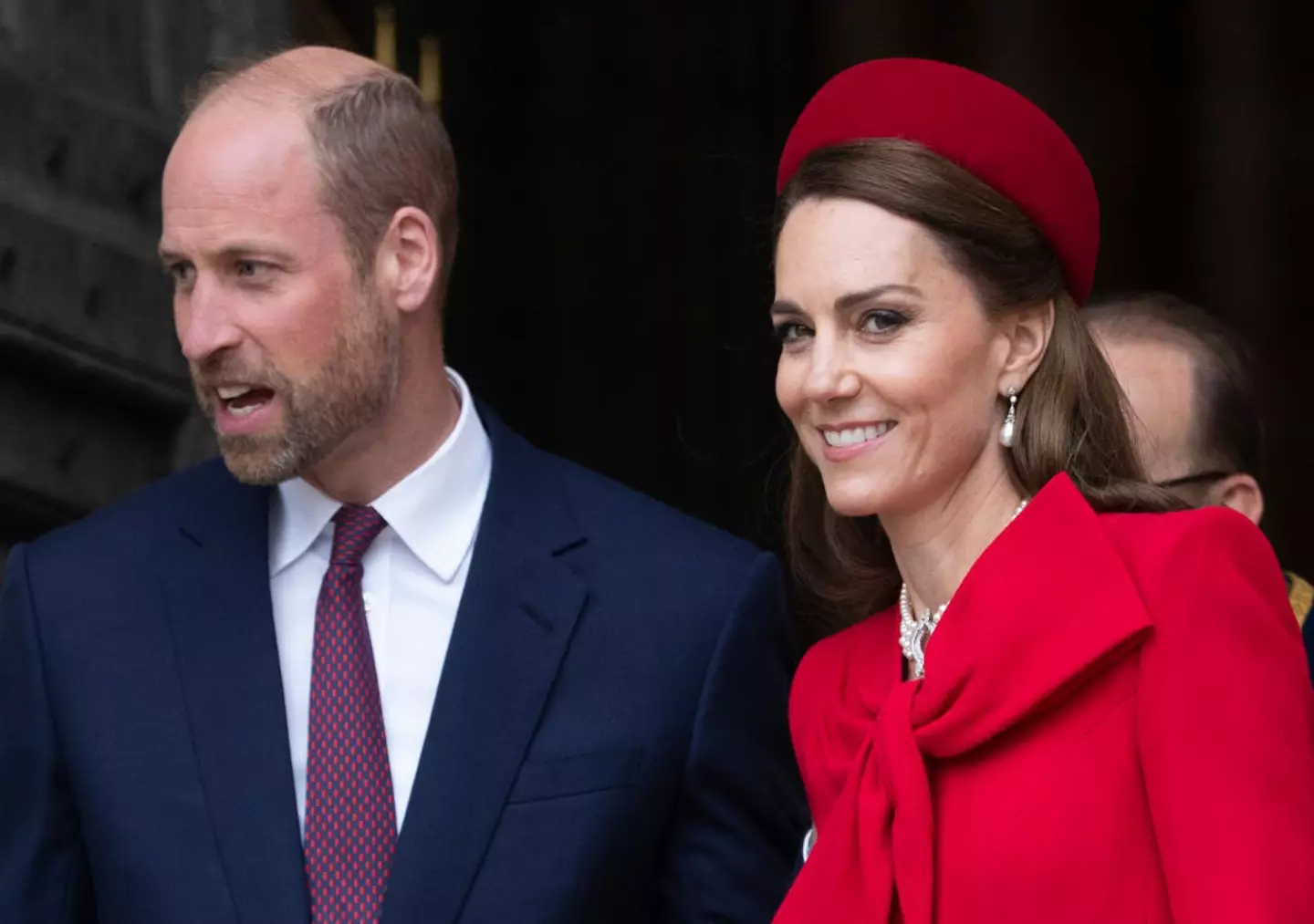
Warning: This article contains discussion of rape and domestic violence which some readers may find distressing.
Norwegian officials shared on Monday this week (18 August) that Marius Borg Høiby had been charged with 32 offences, including four counts of rape.
The charges come following a year-long police investigation after the 28-year-old, who is the son of Crown Princess Mette-Marit and stepson to Crown Prince Haakon, was arrested on 4 August 2024 on suspicion of assaulting his girlfriend.
Other charges include filming women’s genitals without consent, violation of restraining/visitation orders and death threats.
Advert
Høiby has denied the most serious accusations against him, including those of rape and domestic violence, his attorney Petar Sekulic told Reuters.
The news has shocked the world, with many Brits now wondering what the actual law is when it comes to which members of the UK Royal Family can and can’t be arrested, as Høiby awaits trial.

The Monarch (King or Queen)
Now, the reigning monarch enjoys sovereign immunity, which basically means that they are personally immune from criminal prosecution or civil actions - this includes arrest.
Additionally, the Crown’s private estates - such as Balmoral and Sandringham - are also granted immunity, meaning that police cannot enter without permission.
There are over 160 laws providing specific exemptions for the monarch, who at the moment is King Charles III, covering matters like discrimination, health and safety, environmental inspection and taxes.

Arrests in the Monarch’s presence or within royal palaces
Likewise, no arrest (even of other royals) can be made in the presence of the monarch, or within a royal residence.
Yep, that includes Buckingham Palace, Kensington Palace, even if the monarch is not currently residing there!

Royals who can be arrested
Immediate family members like Prince William, Kate Middleton, Prince Andrew, Sophie, Duchess of Edinburgh, Prince Harry and Meghan Markle, etc, don't have sovereign immunity.
This means that they are subject to the law like other citizens.
Examples in the past have seen the likes of Princess Anne being prosecuted and fined for her dog’s attack. She was also fined for a speeding offence.
And while no arrests were made when Prince Philip was involved in a car collision, this was due to circumstances, not because of immunity.
In short, if a royal (other than the monarch) commits a crime, they can be arrested and prosecuted - just as long as they are not with the monarch or on palace grounds.
If you have been affected by any of the issues in this article and wish to speak to someone in confidence, contact the Rape Crisis England and Wales helpline on 0808 500 222, available 24/7. If you are currently in danger or need urgent medical attention, you should call 999.
If you are experiencing domestic violence, please know that you are not alone. You can talk in confidence to the national domestic violence helpline Refuge on 0808 2000 247, available 24/7, or via live chat, available 10am-10pm, Monday to Friday.
Topics: Royal Family, Crime, World News, News, Police